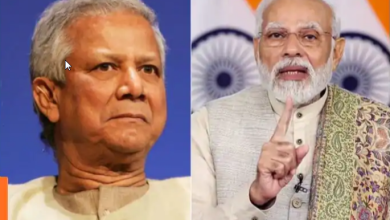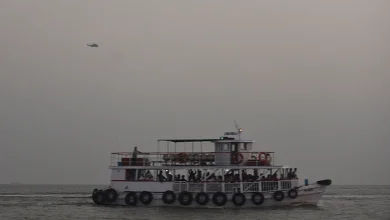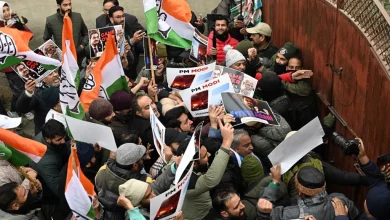Report exposes deficiencies in training of Indian Air Force pilots
 New Delhi: A performance audit by the Comptroller and Auditor General (CAG) of India has raised serious concerns about the training of Indian Air Force (IAF) pilots, citing outdated equipment, inadequate resources and technical issues in basic trainer aircraft.
New Delhi: A performance audit by the Comptroller and Auditor General (CAG) of India has raised serious concerns about the training of Indian Air Force (IAF) pilots, citing outdated equipment, inadequate resources and technical issues in basic trainer aircraft.
According to Kashmir Media Service, the report, covering the period from 2016 to 2021, was tabled in Indian Parliament and highlights significant flaws in pilot training at all stages. One of the most alarming findings pertains to the basic trainer aircraft, Pilatus PC-7 Mk-II, which has been in use since 2013 for Stage-1 pilot training.
The Comptroller and Auditor General (CAG) found that 25% of India’s Pilatus PC-7 Mk-II trainer aircraft suffered from engine oil leaks between 2013 and 2021. Despite complaints from the Indian Air Force, the issue remains unresolved.
The report also flagged delays in modernizing aircraft for Stage-2 and Stage-3 training for transport and helicopter pilots, further impacting the quality of training. Helicopter pilots are trained on legacy platforms with outdated avionics, requiring additional conversion training on operational units like the Mi-17 V5 helicopters. Similarly, transport pilots rely on older Dornier-228 aircraft that lack modern cockpit features.
These deficiencies, according to the report, pose a significant challenge to the preparedness of trainee pilots, increasing operational risks and necessitating further training on frontline aircraft after deployment.
The CAG emphasized the need for immediate intervention to upgrade training platforms, rectify technical issues, and ensure that trainee pilots are adequately prepared to handle advanced systems in operational scenarios.
The findings have sparked concerns over the potential impact on the IAF’s operational readiness, highlighting the urgent need for modernization in training infrastructure and equipment.








